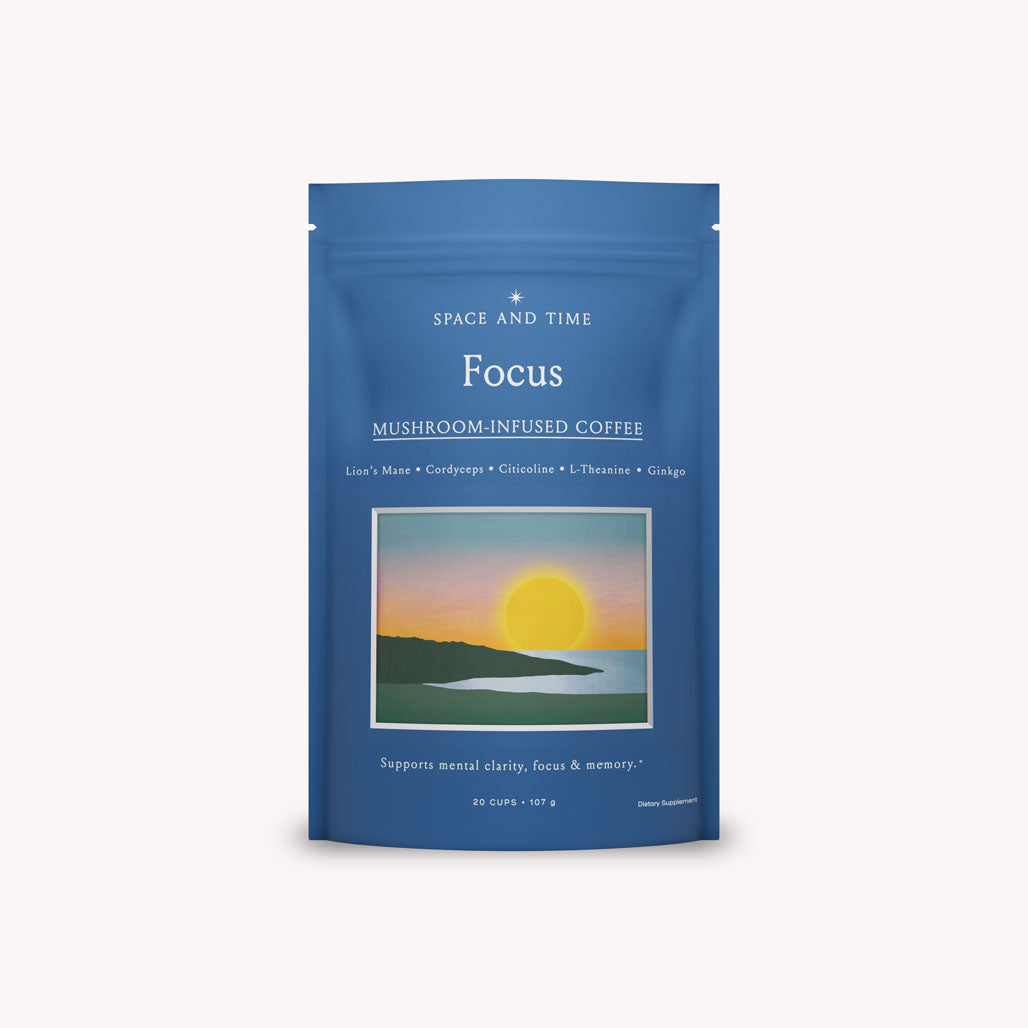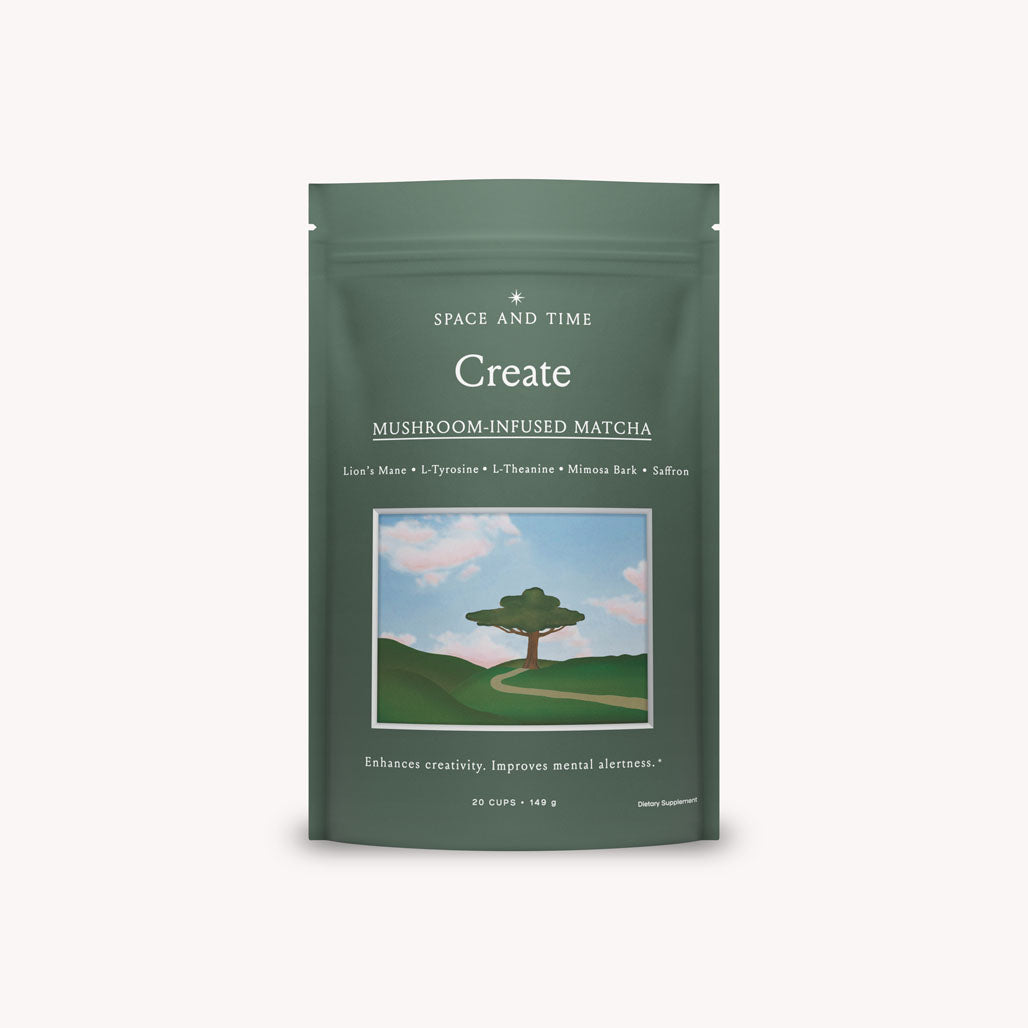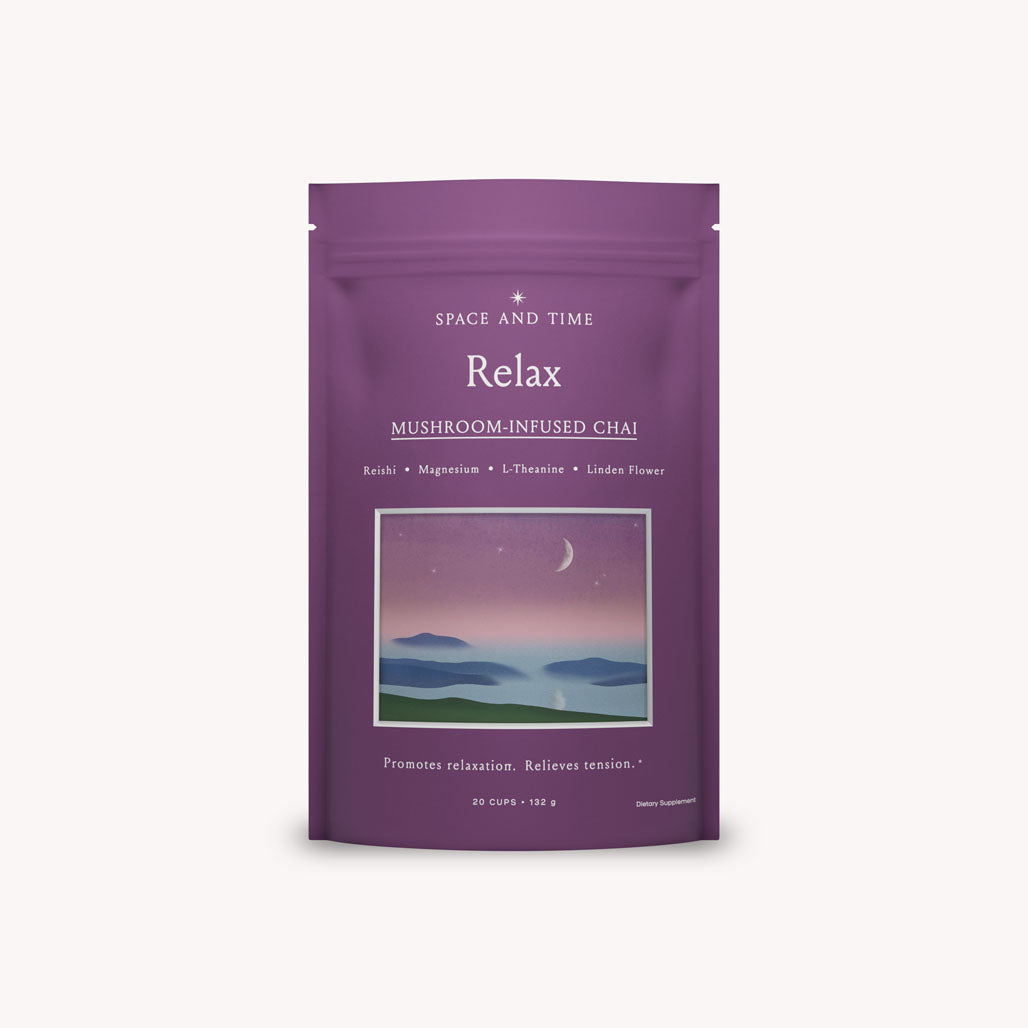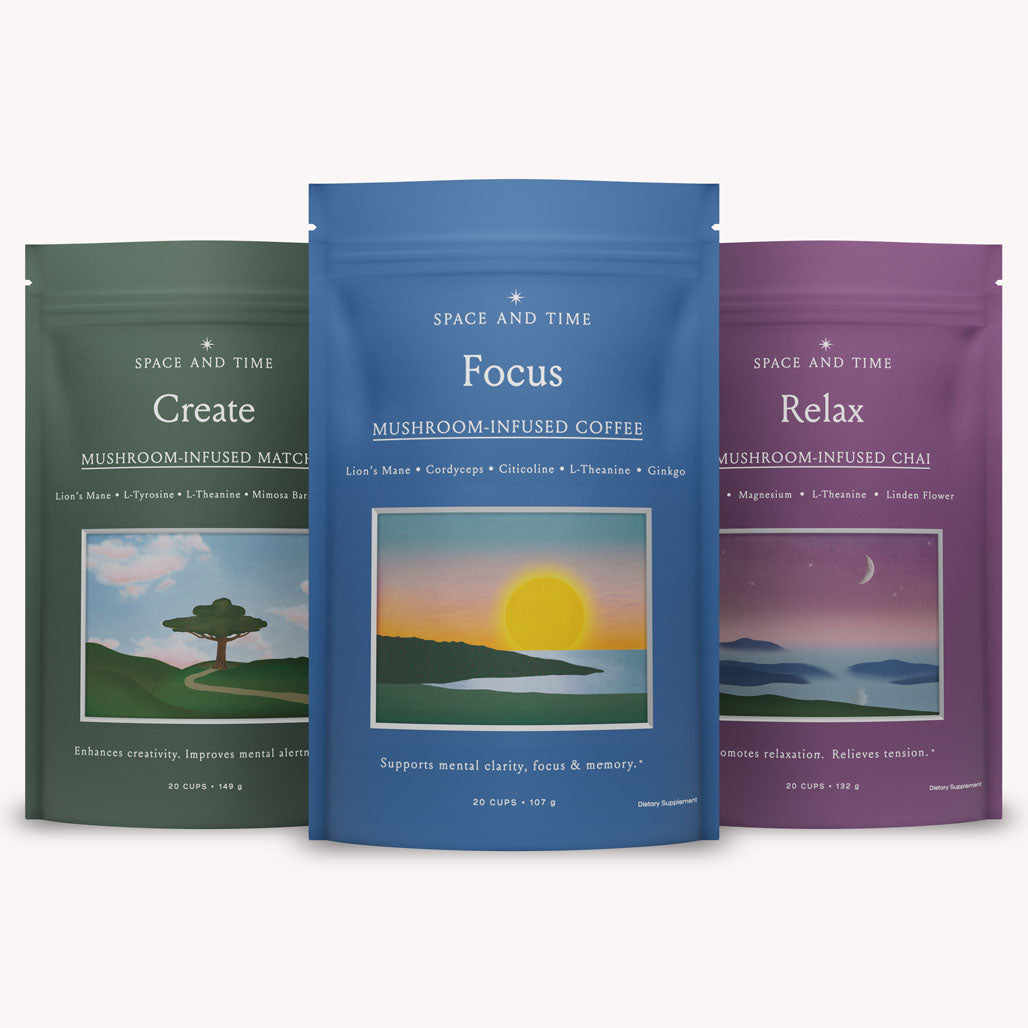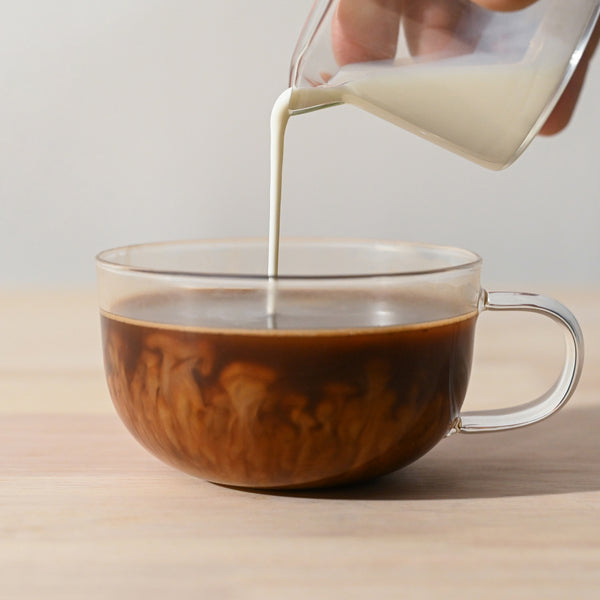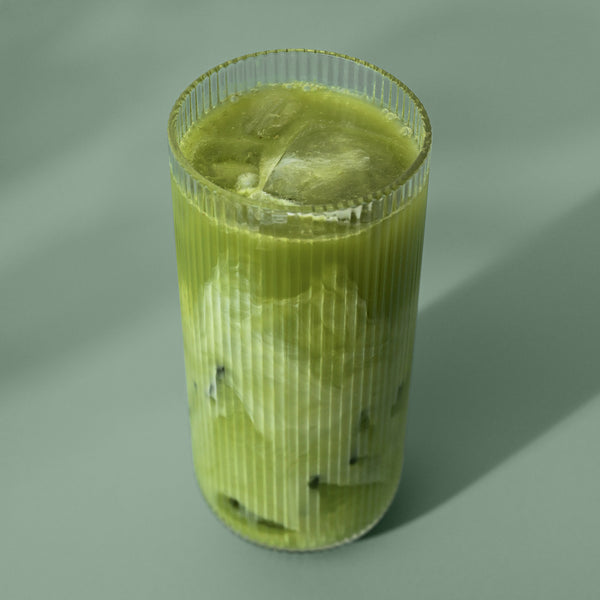

Reishi Mushroom: Nature’s Support for Calm and Sleep
Reishi mushroom, also known by its scientific name Ganoderma lucidum, or in East Asia as lingzhi, is a medicinal fungus that has been used for centuries in traditional Chinese and Japanese medicine. The mushroom is often referred to as the mushroom of immortality and is valued for its potential to promote calm and support restful sleep. Recent scientific research and traditional use point to several mechanisms through which reishi mushroom may assist with relaxation and improved sleep quality.
Origins and Traditional Use
Ganoderma lucidum has a long history of use in East Asian medicine. The mushroom, often called lingzhi in Chinese and reishi in Japanese, is highly regarded in traditional herbal compendia, some dating back to 100 BC, such as the Shennong Materia Medica. It was praised for its bitter taste and assumed safety and was historically used for conditions such as sluggish memory and general malaise. There is archaeological evidence suggesting that Ganoderma species were used as far back as the Neolithic era nearly 6800 years ago. In art and imperial iconography the mushroom symbolizes health and longevity.
Phytochemicals That May Promote Calm and Sleep
Reishi mushroom is rich in bioactive compounds. Among the most studied are triterpenes, especially ganoderic acids, and polysaccharides such as beta‑glucans. These phytochemicals are thought to interact with immune and nervous systems and may impart sedative, calming, or sleep‑promoting effects. Traditional preparations typically involve boiling sliced or powdered reishi in water to create a decoction, although modern forms include teas, extracts, capsules, powders, and tinctures.
Evidence for Relaxation and Sleep Support
Traditional conceptions of reishi describe it as a shen tonic, shen meaning spirit, used to calm the spirit and induce sleep. Preclinical studies reinforce these ideas. For example, one mouse study found that reishi increased total sleep time and non‑REM sleep. Another study with mice using alcoholic extracts of Ganoderma lucidum mycelium observed that administering certain doses shortened the time it took for animals to fall asleep and prolonged the duration of sleep.
Research in humans is more limited but still promising. A clinical analysis suggests that Ganoderma (lingzhi) shows good outcomes in the treatment of insomnia, restlessness, and palpitation. While the exact mechanism remains under study, some systems‑level research indicates potential effects on central and peripheral systems that regulate sleep.
Other human research points toward additional benefits related to relaxation and stress. A 2024 review noted reductions in fatigue and anxiety among people with cancer using reishi mushroom products. However, the authors caution that more data is needed, especially in people without serious health conditions.
These observations are complemented by wellness reporting. For instance, a writer who switched to mushroom coffee blends that included reishi reported improved sleep quality after a few weeks, citing the adaptogenic and calming potential of the mushroom.
Other Health and Safety Considerations
Reishi mushroom has also been explored for immune support and antioxidant activity. Compounds in reishi such as beta‑glucans may modulate immune response and scavenging of free radicals, potentially offering broader health support.
However, evidence remains mixed. While some lab studies suggest effects on blood sugar and lipid levels, human trials have not consistently confirmed these. In addition, potential side effects are generally uncommon but can include nausea, digestive discomfort, and mild gastrointestinal symptoms in sensitive individuals. Human studies with shorter durations have shown no harmful effects on liver or kidney function.
Products containing reishi, such as teas, powders, capsules, gummies, and decoctions, are often widely available but should be chosen with caution. As a top mycologist recently noted, mushroom supplements vary greatly in quality. Experts recommend selecting certified organic products with third‑party testing and consulting with a healthcare provider before use.
Practical Tips for Using Reishi Mushroom for Calm and Sleep
Here are some suggestions based on how reishi has been traditionally and presently used, and what early studies suggest:
-
Choose the right form: Many people use reishi tea or tincture before bedtime. Decoctions are made by simmering slices or powder in hot water.
-
Start with low doses: Especially if combining with other stress or sleep aids, begin with a small amount to assess tolerance.
-
Use it consistently: Some studies and anecdotal reports indicate that benefits like improved sleep and reduced anxiety may emerge after continuous use over several weeks.
-
Pair with good sleep hygiene: The best outcomes often come from combining calm environments, consistent bedtime, and relaxation techniques with any supplement.
-
Watch for mild side effects: If you experience nausea or digestive upset, lower the dose or pause use.
-
Ask your doctor first: This is especially necessary if you are pregnant, planning surgery, using medications, or have underlying health conditions.
Summary
Reishi mushroom, or Ganoderma lucidum, is a traditional medicinal mushroom long valued in East Asian cultures for promoting calm, supporting the spirit, and helping with sleep. Modern research supports these effects through studies showing that reishi may shorten sleep latency and extend sleep duration in animal models, while clinical observations in humans suggest benefits for insomnia, restlessness, and fatigue. Reishi contains triterpenes and polysaccharides that may promote relaxation. It appears generally safe when used in moderation, though some people may experience mild digestive effects. High-quality, organic, tested products are recommended, and supplements should be used alongside good sleep practices and under professional guidance.
If you are exploring natural options to enhance your calm and improve sleep, reishi mushroom may offer support. As always, integrating any supplement thoughtfully and responsibly will maximize benefits over time.
